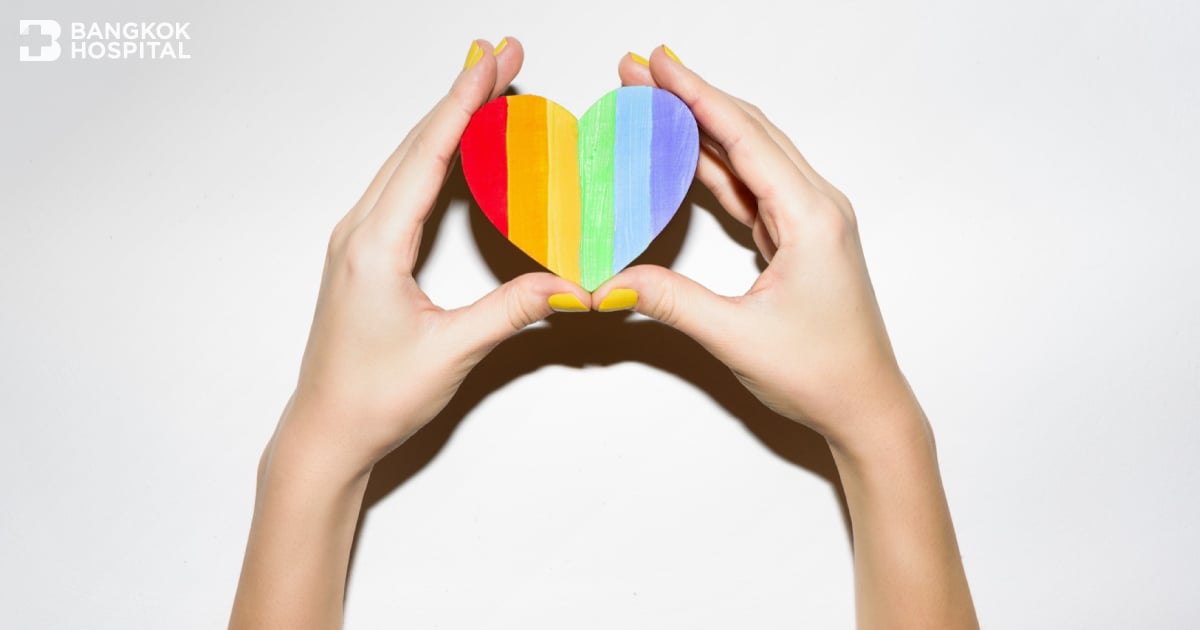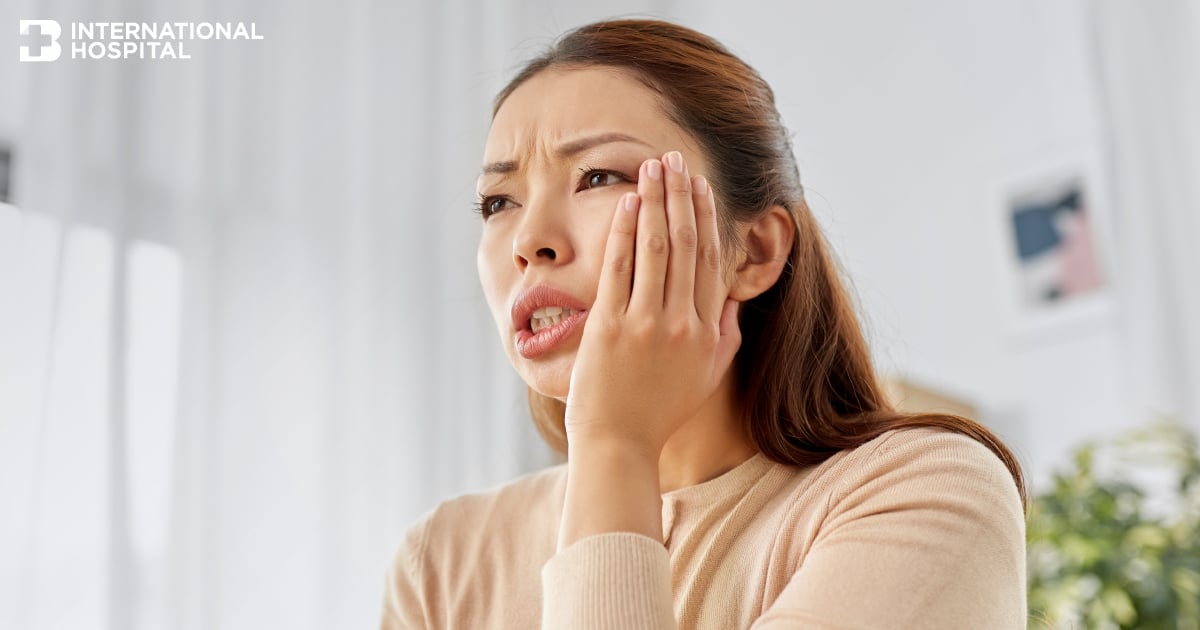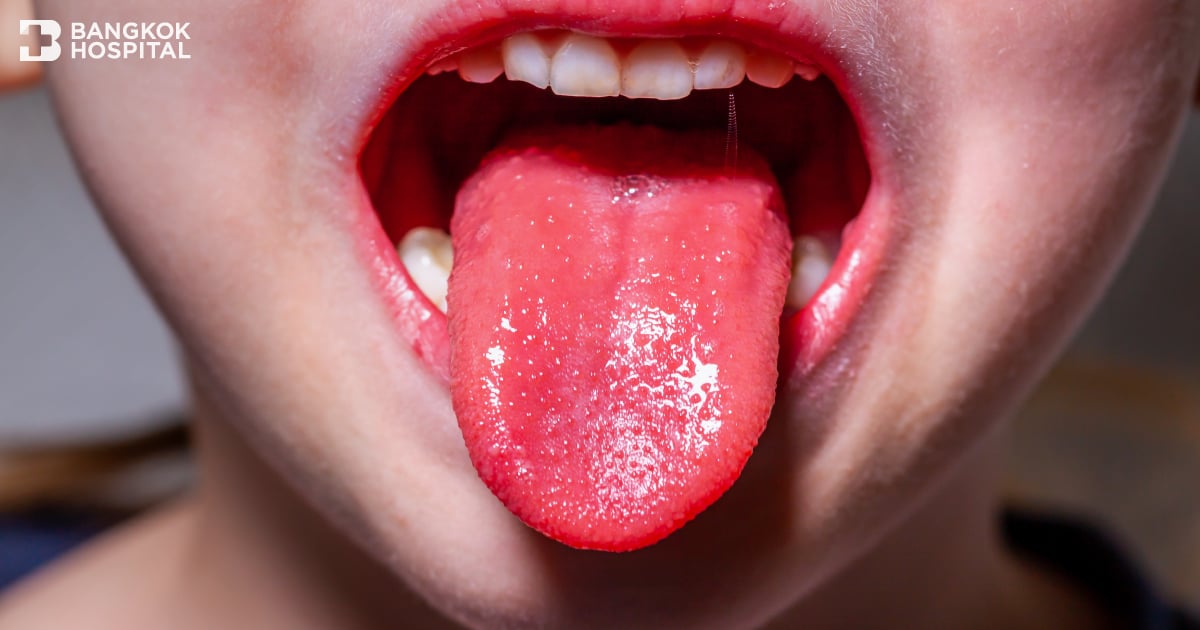Understanding Gender Diversity
Gender diversity represents a group of people with gender identities or sexual preferences that differ from the majority in society. They can be categorized as follows:
- Individuals with diverse gender identities: People whose gender identity does not match their physical appearance. For instance, individuals born with a male body but feel internally like they are female.
- Individuals with diverse sexual preferences: Each person can have a variety of feelings of love, attraction, or sexual feelings towards others. This includes being attracted to the opposite sex, the same sex, both sexes, or having no sexual feelings towards any sex at all.
- Individuals with diverse gender expressions: This refers to how an individual externally expresses their gender, which can be interpreted by society in various ways, e.g., long-haired individuals wearing skirts are perceived as women, etc.
When Someone Close to You is “Gender Diverse”
Currently, we witness the expressions of the gender-diverse group through various media, making us more aware of their existence and leading some to wonder if someone close to them is “gender diverse”. For example, parents who worry when they see their son preferring to play with dolls along with girls. Many feel disgusted and think that these people are abnormal, which is a misunderstanding far from the truth.
“Gender Diversity” A Complex Mixture
Gender diversity is a complex mixture of biological (hormones/brain chemicals), psychological (upbringing/thought processes of each individual), and social (expectations/acceptance from society/diverse cultures) components. In medicine, individuals with differences in sexual preferences and expressions are not considered to have abnormalities. Instead, they might receive advice on adjusting and understanding with those around them in some cases. However, for those with a diverse gender identity, they may suffer and feel like they do not belong in their own body, thus requiring assistance. Medical professionals will try to align the body with the individual’s mental state.
Gender Identity Issues
- Accurate Diagnosis It is crucial to be able to identify individuals with gender identity issues among many others with diverse sexual orientations to facilitate early intervention. Those who suspect they have gender identity issues should consult a psychiatrist for diagnosis. Upon diagnosis, they will advise on lifestyle changes, adjustments, and communication with family and relevant individuals, like teachers, to ensure proper care and follow up periodically to observe the adjustment outcomes.
- Transitioning Process When the time comes, some may wish to alter their physical appearance to match what they mentally desire. They should consult with specialists in various fields, like those wishing to use hormones should consult an endocrinologist or gynecologist for proper hormone or medication dosage without harmful side effects. One should not self-medicate. Those deciding to undergo gender reassignment surgery must consult with a psychiatrist to confirm the diagnosis and assess readiness for surgery. The operation should be performed by a surgeon specializing in this type of surgery, preferably in an accredited hospital.






